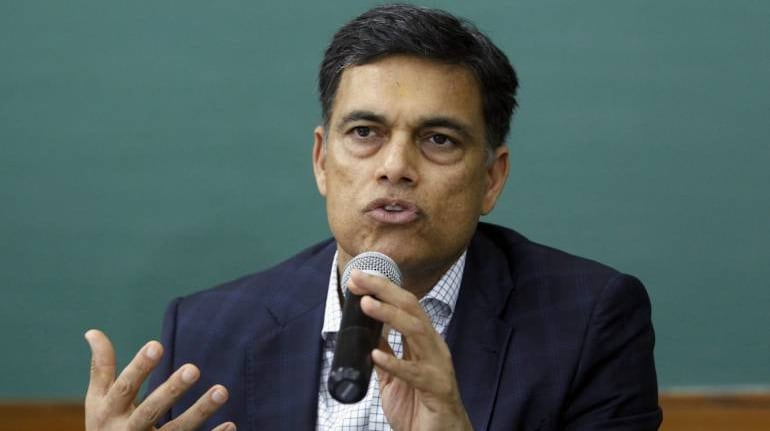



Even though Sajjan Jindal had led JSW Steel to the numero uno position of the Indian steel industry, topping Tata Steel, there was still one chink in his armour; something that had been rankling him since he commissioned the company’s first unit in Karnataka’s Viayanagar, in 1997.
It was this: JSW Steel didn’t have its own iron ore mines.
That was a gaping hole for a business where having your own iron ore reserves meant lower costs and a much higher margin, something Tata Steel had been enjoying for over a century. Even Jindal’s younger brother Naveen Jindal had seen the market capitalisation of his Jindal Power & Steel going through the roof in 2008, thanks to its power business and considerable mining assets.
Yes, in the last two years, JSW Steel had made some progress. Through auctions in Karnataka, it now owns six iron ore mines in the state. But these are small, with a combined annual production of up to eight million tonne. They would meet about 35 percent of the company’s iron ore needs.
But on January 31, even as rest of the India Inc was busy reading the details of Economic Survey and looking forward to the Union Budget, news came that JSW Steel had won the Nuagaon mine in Odisha.
It was a major victory. JSW Steel had outbid scores of other competitors, including ArcelorMittal, Tata Steel and the Adani Group. The mine was the largest among those was on the block, with a reserves of around 790 MT. That is higher than the combined reserves of rest of the mines on offer.
These mines were auctioned by the state, ahead of March 31, when their leases would have expired.
There was more for Jindal. On February 2, news agency PTI reported that JSW Steel had bagged one more mine in the auction. This was the Narayanposhi iron block with reserves of 190 MT.
Put together, JSW Steel now has access to about a billion tonne of iron ore.
“Both wins in Odisha, will give JSW Steel an annual supply of around 22 MT of captive iron ore for its plants. The C-category mines in Karnataka are now fully operational. So, around 30 MT of iron ore are now readily available to meet the company’s requirements,” said a senior industry executive.
The mines now make the steelmaker nearly, completely self-sufficient in its iron ore needs, as it can immediately start sourcing the raw material from the Odisha mines, which are operational.
To produce a tonne of steel, around 1.5 to 1.6 tonne of iron ore is needed.
But Jindal can’t sit easy, not yet.
He is currently expanding JSW Steel’s capacity. Later this year, 5 MT of additional capacity will come into use at the company’s Dolvi facility. And if its acquisition of Bhushan Power & Steel materialises, then that will add another 3.5 MT of steel capacity. These will increase its iron ore requirement.
Can Jindal win a few more mines from the auctions in Odisha? In total, 18 mines are being auctioned. Though he has already got control of the jewel of the lot, the remaining mines have a combined reserves of about 500 MT. He will surely try to get as many as possible.
Also, JSW Steel doesn't have coal mines, either. On the other hand, Tata Steel has enough to meet at least half of its coal requirement. Jindal would be looking to bridge this gap too.
Discover the latest Business News, Sensex, and Nifty updates. Obtain Personal Finance insights, tax queries, and expert opinions on Moneycontrol or download the Moneycontrol App to stay updated!
Find the best of Al News in one place, specially curated for you every weekend.
Stay on top of the latest tech trends and biggest startup news.